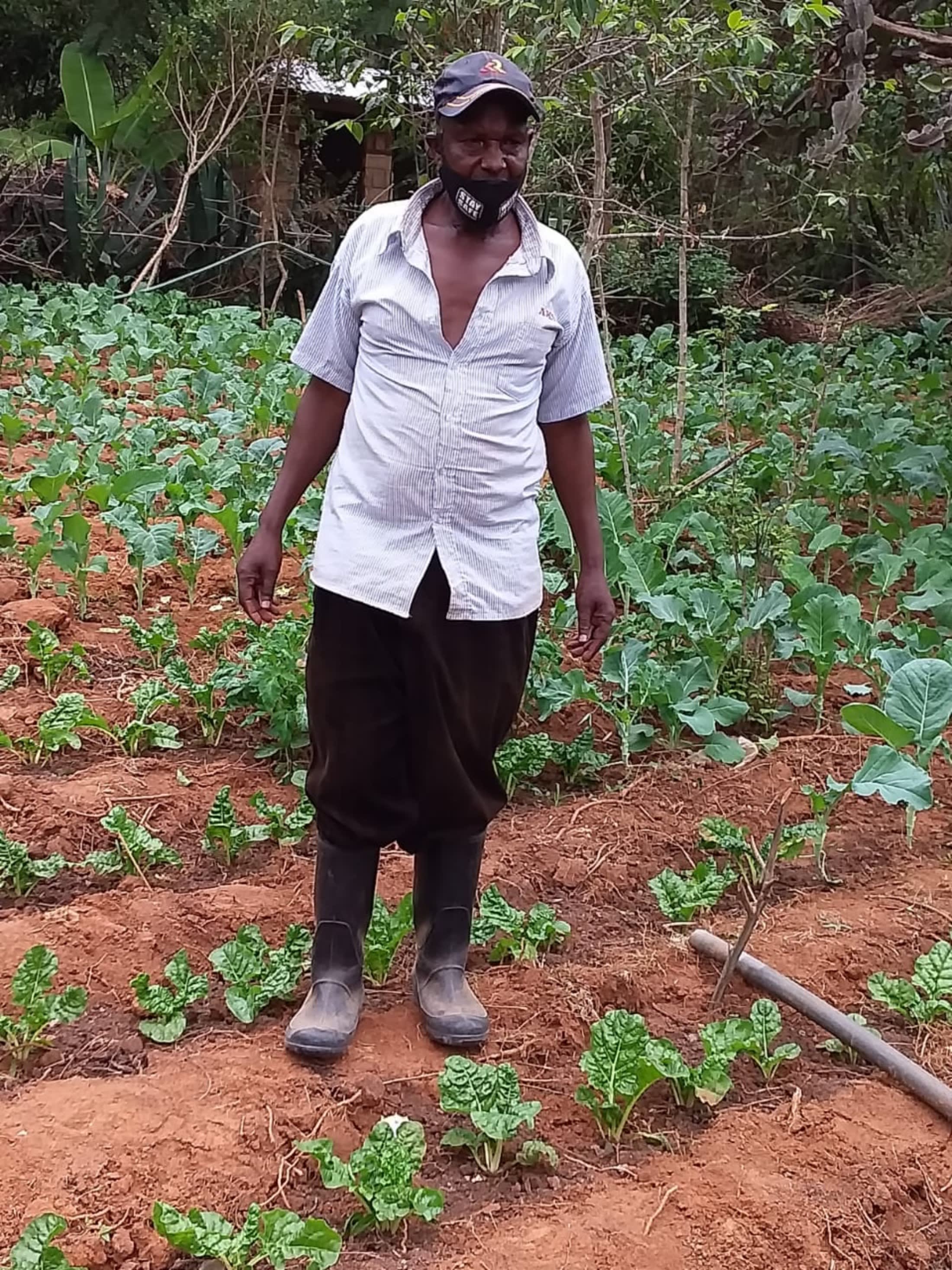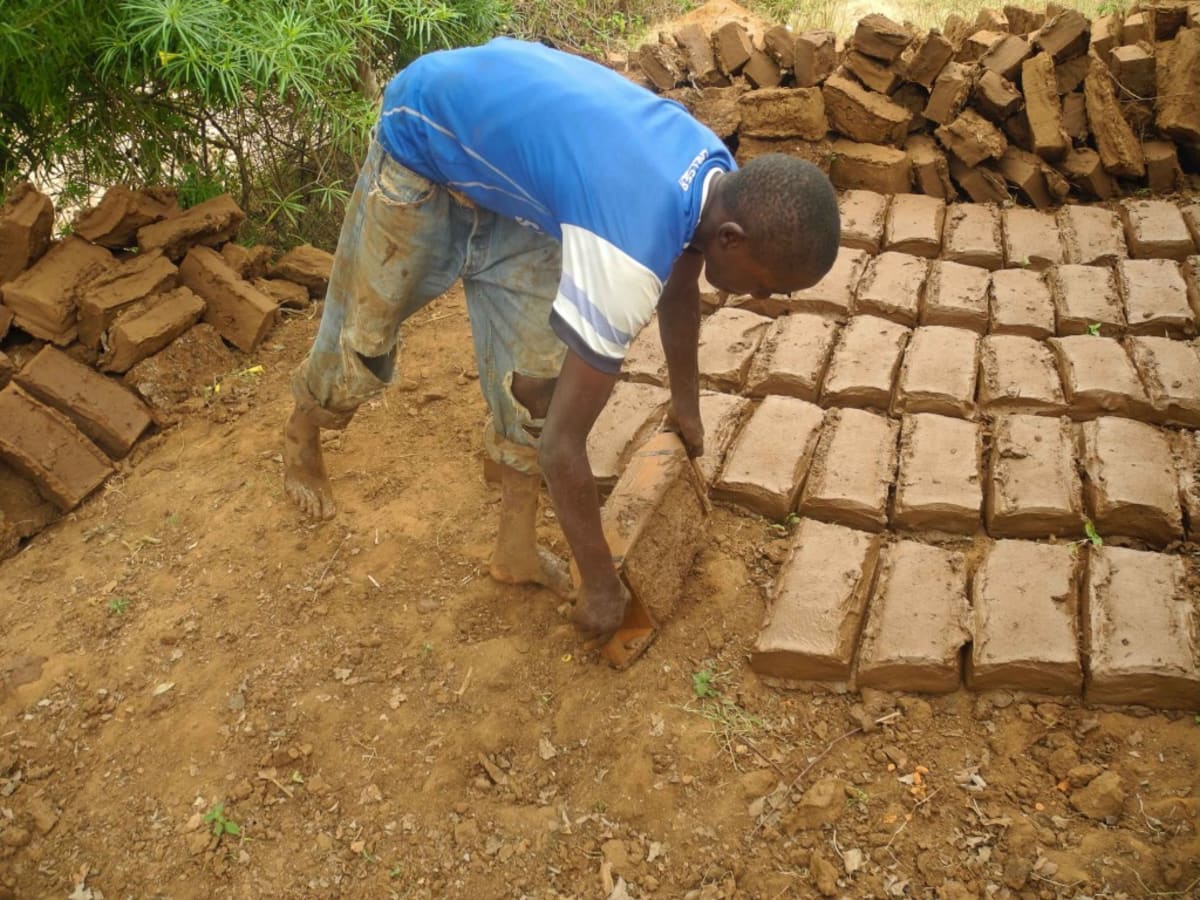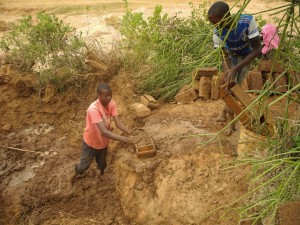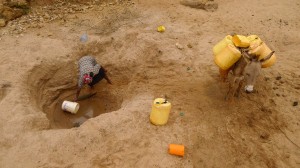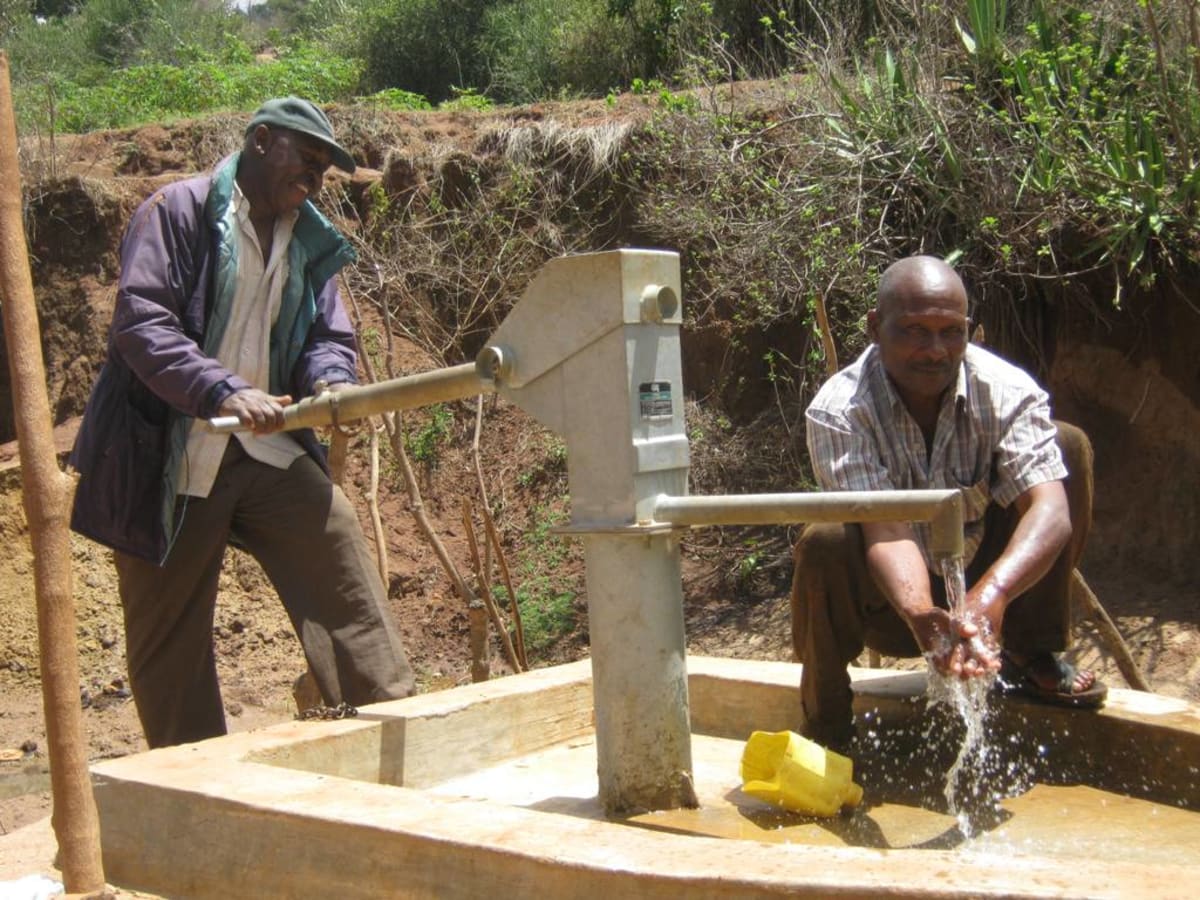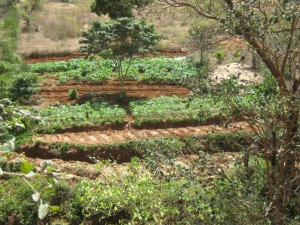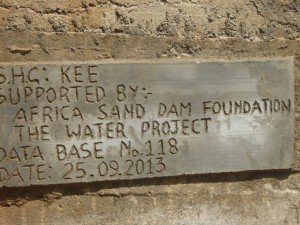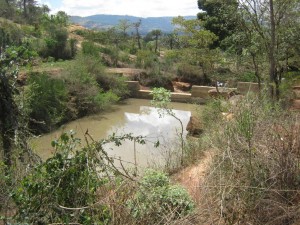This project is being implemented by our partner African Sand Dam Foundation, and includes the construction of a sand dam.
Below is project information direct from our partner:
Kee Self Help Group was formed as a welfare group in order to support in burial arrangements for community members. The group is found in one of the most fertile areas of Ukambani. The area is known for export business where farmers export fresh produce to international markets. However due to climate change there have been many noted differences in the surrounding landscape.
“We no longer harvest anything from our farms. The rains have reduced and the once permanent streams that we used to rely on for irrigation have all dried up. This has affected income levels and food security in the area. As a welfare group we have expanded the mandate of the group to build sand dams in order to harvest water for farming. After we have built sand dams in the village everyone will go back to farming for export business.” Paul Muthama
CONSTRUCTION PROGRESS
The dam started on the September 15th 2013.The first process was to excavate the foundation and this took two days. The actual building of the dam took 5 days and the dam was completed on the September 25th 2013.The group was able to build the dam quite fast due to its large membership of 93 members. This is a record time compared to other self help group as no other group has this many members.
Every Self Help Group received seed support in readiness for the planting season, which started in October. The seeds beneficiaries for Kee SHG were 45 males and 47 females. Farmers in these groups received five seed varieties to boost food security during this planting season. The varieties include green grams, cowpeas, pigeon peas, dolichos lab, sorghum, pearl millet and finger millet. All these are drought tolerant crops that mature fast and are able to withstand prolonged drought. After the harvest the groups shall return twice what each member received to a communal store where post harvest treatment shall be done. Terrace digging is still a work in progress for the Kee Self Help Group.
All the TWP supported self help groups have tree nurseries already established. The number of the tree seedlings in the tree nurseries include: All the tree seedlings in the tree nursery will be planted at the start on the rains i.e. October/November. The trees are of different species. Fruit trees, firewood trees and timber trees.
All TWP groups have been able to surpass annual targets for the tree seedlings due to good planning and preparation of the tree nurseries. All groups had their tree nurseries planted early or on time to enable them to have trees before the start of the rain season.

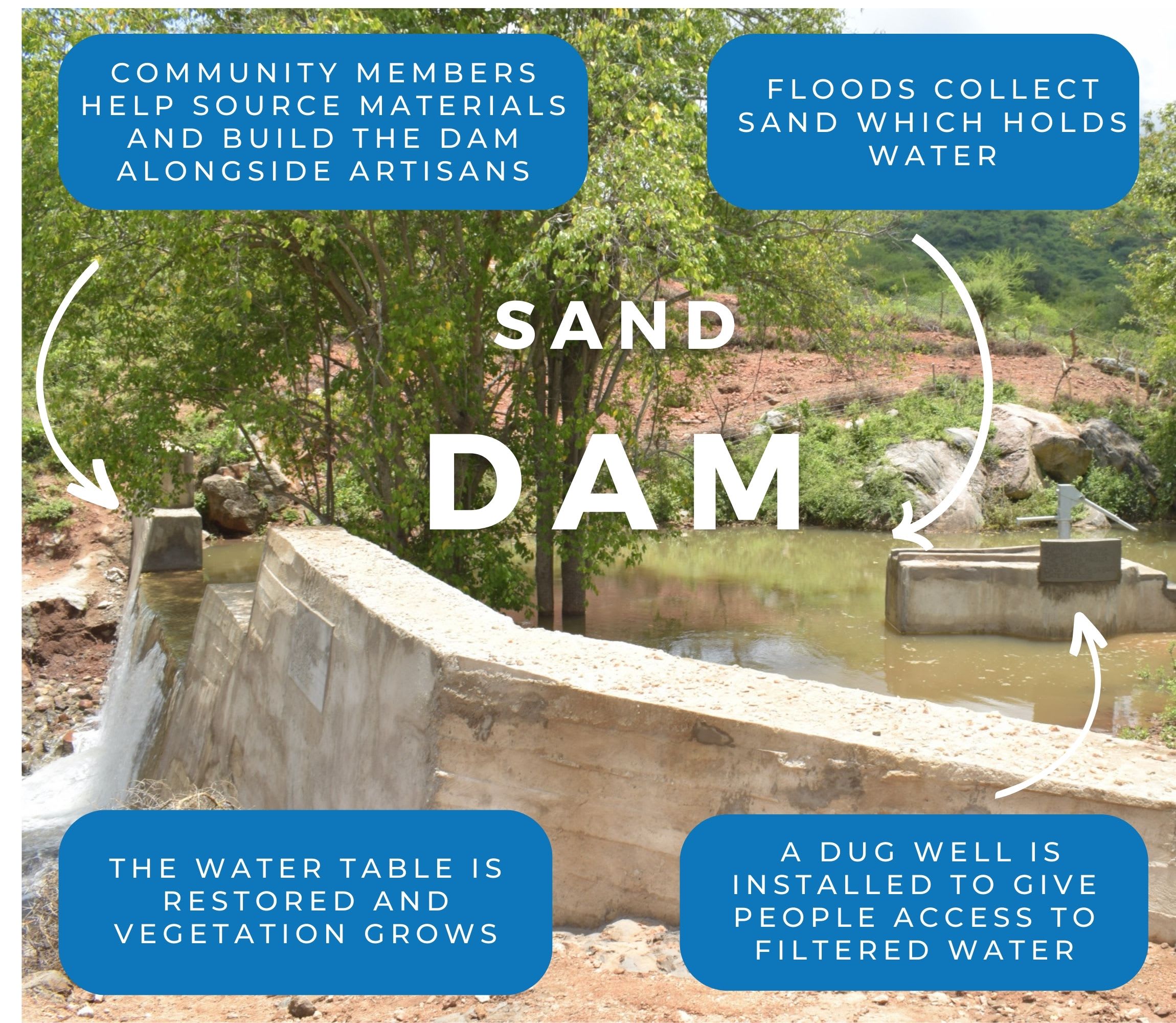
 Rehabilitation Project
Rehabilitation Project








